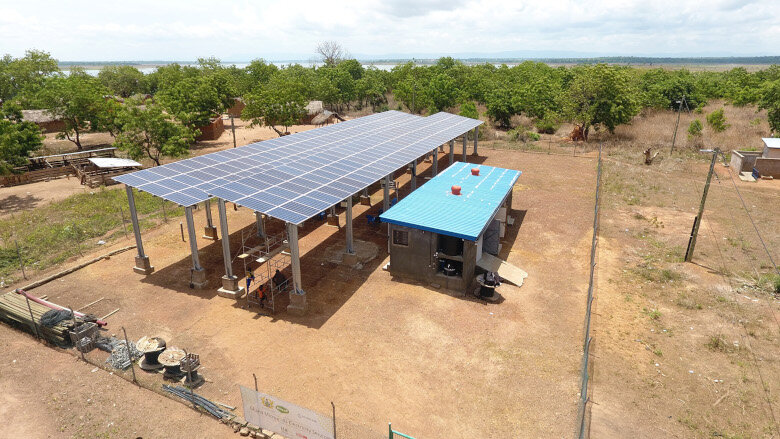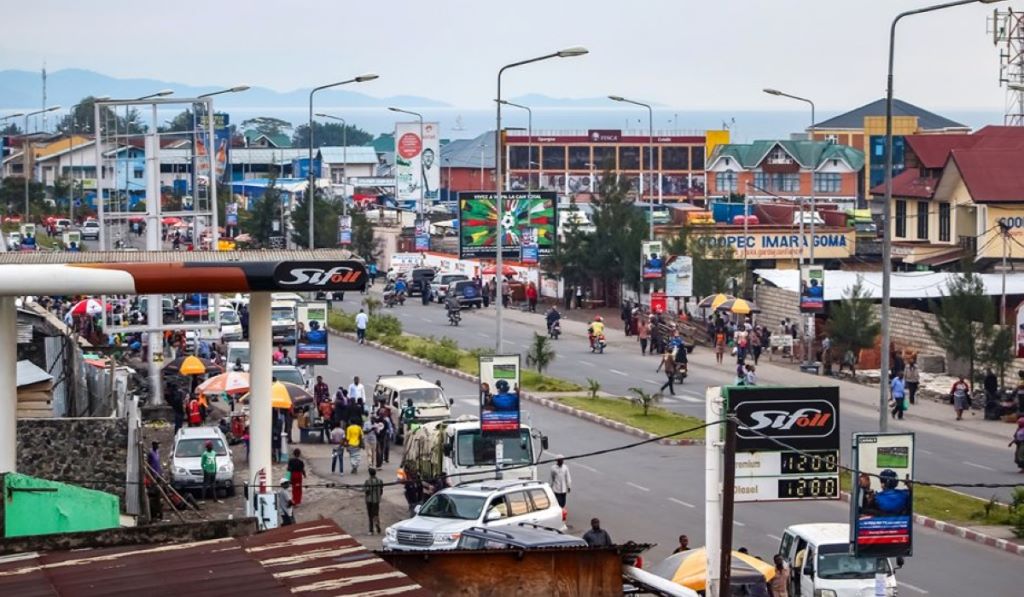Kenya banking on mini-grids to tackle energy poverty
Kenya has prioritized fiscal incentives like tax rebates, public-private partnerships and domestic resources mobilization to implement additional mini-grid projects in the country's remote outposts

Deployment of additional off-grid power projects to Kenya’s marginalized regions is in the works as the East African nation intensifies efforts to tackle energy poverty and promote climate resilience at the grassroots level, senior officials said on Monday.
Speaking at a forum in Nairobi, the Kenyan capital, Cabinet Secretary for Energy and Petroleum Davis Chirchir said the state will leverage private capital and regulatory reforms to spur investments in mini-grids that promise enhanced access to clean, reliable and affordable sources of power to under-served communities.
“As a country, we have a target of ensuring all Kenyans have access to electricity by 2030,” Chirchir said. “To this end, we have embraced a comprehensive approach to electrification that includes investing in mini-grids.”
Convened by the World Bank, Kenya’s Ministry of Energy and Petroleum, Africa Minigrid Developers Association, the seventh Mini-Grid Action Learning Event has brought together 600 delegates to discuss innovative ways to tackle the energy access gap in remote parts of the continent.
Activities lined up in the Feb. 27-March 3 forum include peer learning, field trips, and business roundtables geared to reinvigorating investments in mini-grids that promise an energy-secure future for Africa’s rural and urban poor.
Chirchir said Kenya now has 32 operational mini-grids and that an additional nine are under implementation to enable the government to expand household electricity access from the current 75 percent to 100 percent by 2030.
Through the World Bank-funded Kenya Off Grid Solar Access Project, the government intends to build 136 solar-powered mini-grids in 12 arid and semi-arid counties where electricity supply is limited, he said.
David Mutisya, acting director for Renewable Energy at Kenya’s Ministry of Energy and Petroleum, said the deployment of mini-grids that predominantly harness solar energy has proved to be a cost-effective and environmentally friendly model of tackling energy poverty in the country.
The state has prioritized fiscal incentives like tax rebates, public-private partnerships and domestic resources mobilization to implement additional mini-grid projects in the country’s remote outposts, Mutisya said.







